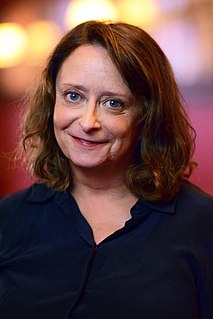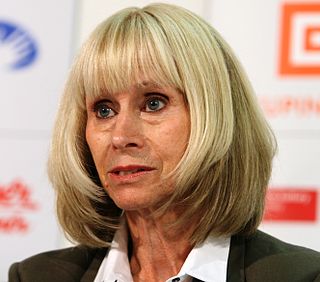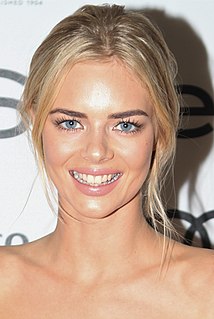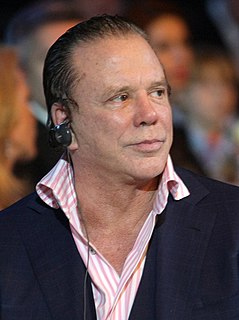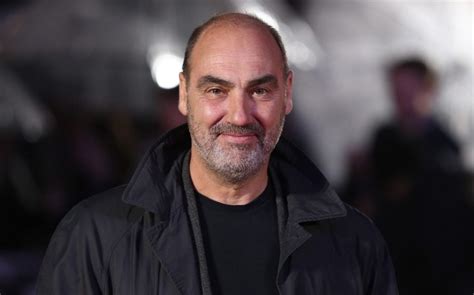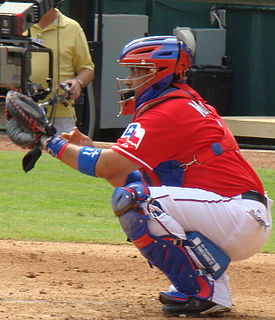A Quote by John Connolly
He had quite liked the dwarfs. He often had no idea what they were talking about, but for a group of homicidal, class-obsessed small people, they were really rather good fun.
Related Quotes
I often accompanied my father. I really liked riding with him on his bicycle on Saturdays. He was very fond of fishing. I don’t think I liked fishing. I mean, you had to sit quietly and still, but I enjoyed the ride. And it was fun, it was fun. I mean, as I say, you didn’t go around lugging a deep sense of resentment. We knew, yes, we were deprived. It wasn’t the same thing for white kids, but it was as full a life as you could make it. I mean, we made toys for ourselves with wires, making cars, and you really were exploding with joy!
Woodfall wasn't deliberately telling working-class stories, but John Osborne and other writers who were involved with them were writing those stories, which had never really been written before. The working-class person always had to have an accent before, was often a joker, and peripheral. At Woodfall, they were driving the film.
When I was four I joined a group of girls who were talking about their party dresses. I thought they were imagining, so I imagined a fantastic pink velvet dress with lots of jewels. But they were simply describing what they actually wore, and they had utter contempt for my obvious fiction. After that, I never joined a group again.
Well I liked the mixture actually. It's really good fun to have throughout a shoot to move from something which is quite character based in certain scenes where there's very little action and you're just working with actors and I suppose I've had quite a lot of practice at that. This is more action than I've had a chance to do so that was fun for me too to go into the action then and have some really good crew working with me. And sometimes you get these scenes where they blend.
I was obsessed with the scientific instruments people were building and all the weird experiments they were doing. I did actually wind up working in some of that, but there were whole sections I'd written about these instruments that ultimately had to be abandoned when I realized that the book really was about Margaret Cavendish. I couldn't justify using all of them.
It seemed from the media that we were being told that all Haitians had AIDS. At the time, I had just come from Haiti. I was twelve years old, and the building I was living in had primarily Haitians. A lot of people got fired from their jobs. At school, sometimes in gym class, we'd be separated because teachers were worried about what would happen if we bled. So there was really this intense discrimination.
In my class was an Annapolis graduate, several engineers, and most recent president of the University of Alabama.These were all small-town people who had good values. The families were tight. The schools reaffirmed the families and reaffirmed the church values that you were taught. I guess it was just one of those swell times to be a part of.
I had my group of friends, and they stayed my group of friends, they were good about that. We all started to succeed at the same time, so that sort of took the curse off it. I didn't have a bunch of people scowling at me and being potentially jealous. I just had good friends who I was able to help, and they helped me. Yet it eventually came to feel debilitating.
40 percent of people who come to visit America on a visa overstay their visa and we have no idea where they are. On 9/11, at least 2 of the hijackers were here on visa. They were traveling back and forth to the Middle East. And we really had no idea where they were or what they were doing. And they were overstaying their visa. So there are problems I think in the immigration system that need to be fixed for our safety.
At the beginning of the 20th century, before the migration began, 90 percent of all African-Americans were living in the South. By the end of the Great Migration, nearly half of them were living outside the South in the great cities of the North and West. So when this migration began, you had a really small number of people who were living in the North and they were surviving as porters or domestics or preachers - some had risen to levels of professional jobs - but they were, in some ways, protected because they were so small.
The whole first movie [Twilight] was pretty fun. I had never really done a movie like it, when there's such a big cast of people that are around about the same age. Everyone didn't really know what was going to happen with the movie, but there was a good energy. There was something which people were fighting for in a way. They wanted it to be something special. Also, none of us were really known then as well.

